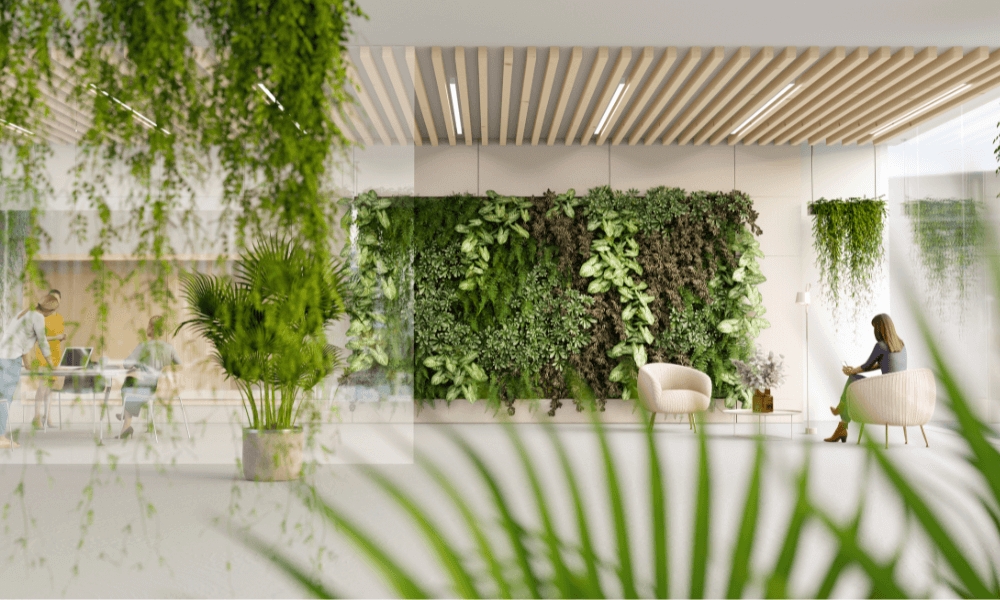
Facilities of Tomorrow: Adapting to Changing Work Environments
The world of work is undergoing a significant transformation. As businesses navigate the shift towards hybrid and remote work models, the traditional office is evolving into a more dynamic and flexible environment. This evolution is not just about accommodating new work habits but also about rethinking the very design and function of workspaces. Facilities of tomorrow must be adaptable, technologically advanced, and sustainable to meet the needs of a changing workforce.
One of the key drivers of this transformation is the increasing demand for flexible work arrangements. The pandemic accelerated the adoption of remote work, and many organizations have since embraced hybrid models, allowing employees to split their time between home and the office. This shift necessitates a reimagining of office spaces to support collaboration and creativity while also providing areas for focused, individual work. Facilities managers are now tasked with creating environments that can quickly adapt to these varying needs, incorporating flexible layouts, modular furniture, and multi-purpose spaces.
Technology plays a crucial role in the evolution of work environments. Smart buildings equipped with advanced sensors and IoT devices can monitor and optimize space usage, energy consumption, and environmental conditions in real-time. These technologies not only enhance the efficiency and sustainability of facilities but also improve the overall employee experience. For instance, smart lighting and HVAC systems can adjust to individual preferences, creating a more comfortable and personalized work environment. Additionally, the integration of collaboration tools and digital platforms ensures seamless communication and productivity, regardless of whether employees are onsite or remote.
Sustainability is another critical aspect shaping the facilities of tomorrow. With growing awareness of environmental issues, businesses are increasingly prioritizing eco-friendly practices in their operations. Sustainable office designs, such as energy-efficient buildings, green roofs, and the use of recycled materials, are becoming more common. Moreover, facilities managers are implementing strategies to reduce waste and carbon footprints, such as promoting recycling programs and adopting renewable energy sources. These initiatives not only contribute to environmental conservation but also align with the values of a socially conscious workforce.
As work environments continue to evolve, the role of facilities management becomes ever more pivotal. The facilities of tomorrow must be designed with flexibility, technology, and sustainability at their core to support the diverse and changing needs of the modern workforce. By embracing these trends, businesses can create innovative and efficient workspaces that foster productivity, collaboration, and well-being.